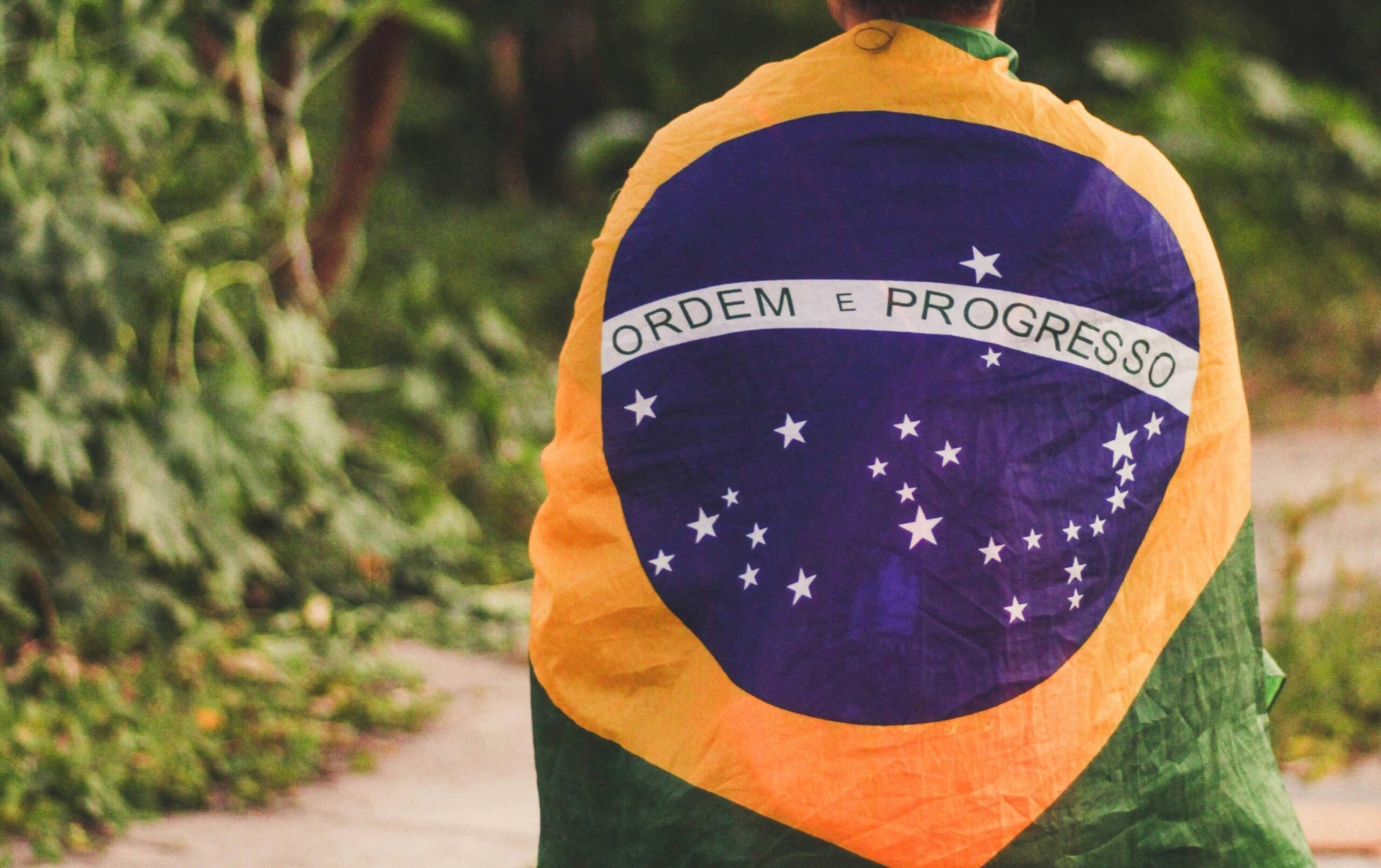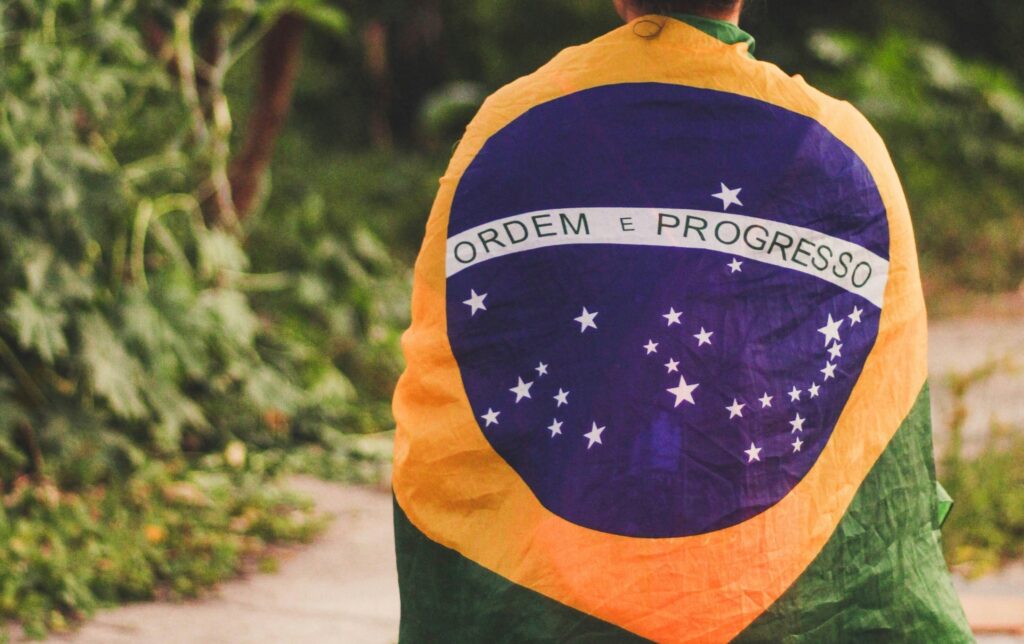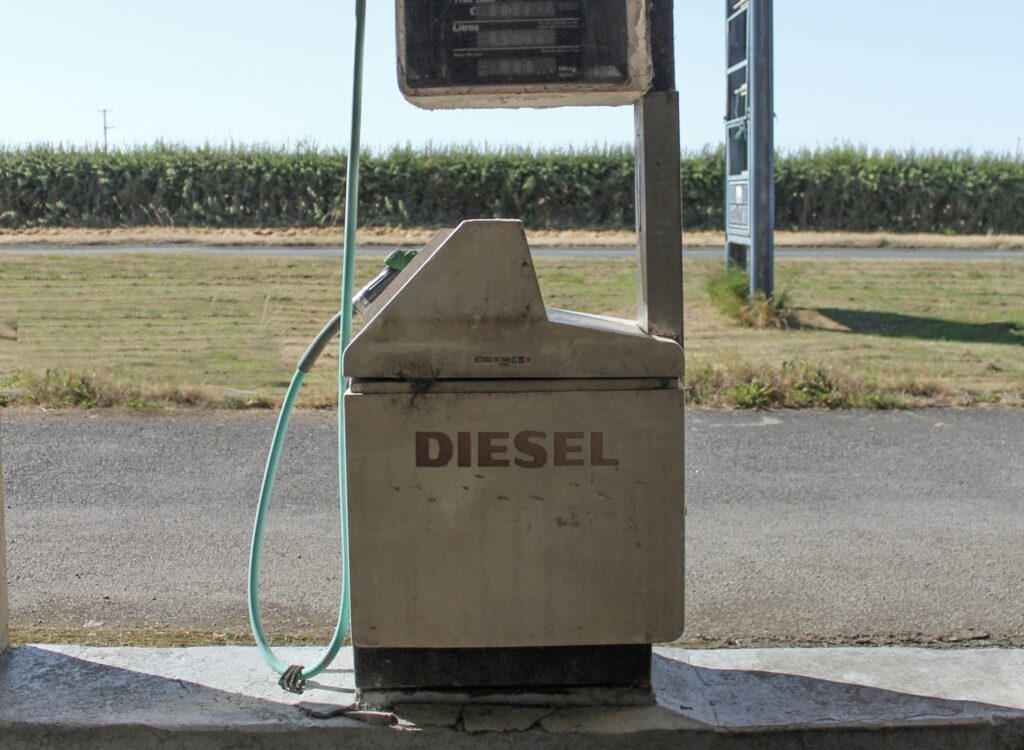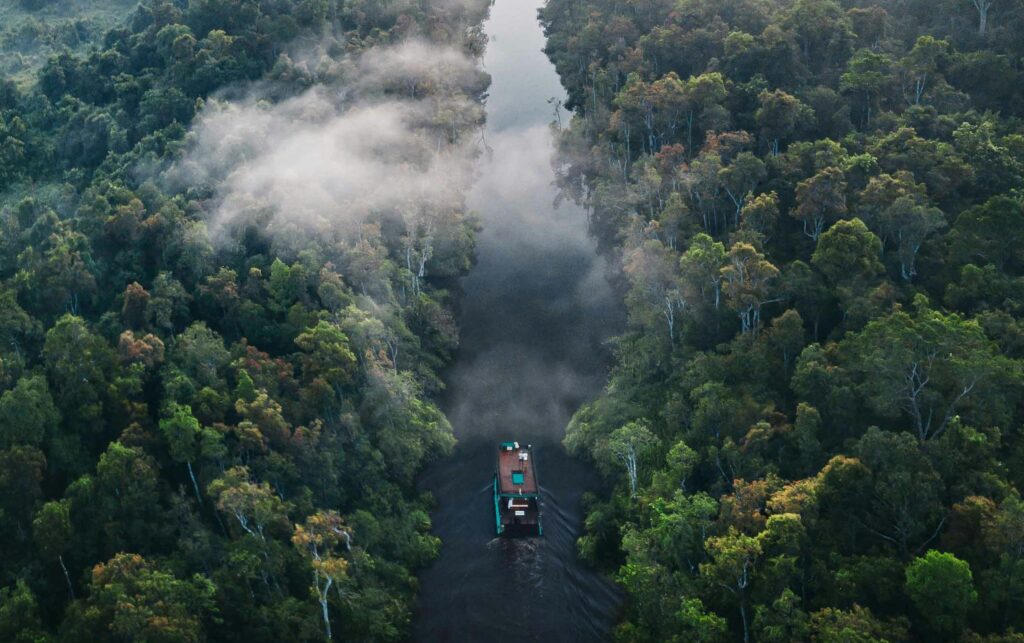As COP30 unfolds in Belém, Brazil has formally recognised 10 new Indigenous territories, expanding legal protection for lands inhabited by several Indigenous groups across the Amazon and other regions. These territories will receive safeguards for both cultural heritage and the environment, though enforcement has historically varied.
The new designations build on efforts by President Luiz Inácio Lula da Silva, whose administration recognised 11 Indigenous lands last year. For organisations representing these communities, the announcement carries profound meaning. Dinaman Tuxá of the Articulation of Indigenous Peoples of Brazil (APIB) welcomed the decision, saying: “Each and every Indigenous territory in Brazil is a reason to celebrate and is a reason for us to feel happy.”
The official decrees confirming these protections are expected shortly.
Protecting Land, Protecting the Planet
Indigenous leaders continue to emphasise that land recognition is not just a cultural matter—it is a climate solution. According to Tuxá, “Indigenous peoples today protect 82% of the world’s biodiversity. If you demarcate Indigenous lands, you guarantee this area will be protected.” He added that their traditional ways of life inherently safeguard ecosystems and help counter global warming, benefiting “the entire humanity.”
However, many communities face threats when defending their territories. In a tragic incident during COP30, Vicente Fernandes Vilhalva, a leader from the Guarani Kaiowá community, was killed after gunmen targeted his village—a stark reminder of the dangers faced by Indigenous land protectors.
Protests and Security Tensions at COP30
The climate summit has been marked by major demonstrations. Thousands marched on Saturday demanding immediate land demarcation, while others carried signs declaring “our forests are not for sale.” Some protesters—many from Indigenous groups—breached security barriers and clashed with guards earlier in the week.
Security has since tightened, with more soldiers and police stationed at entrances. Despite this, COP30 has attracted the largest Indigenous presence in the history of UN climate meetings, with at least 900 accredited participants. Kleber Karipuna of APIB expressed pride in this milestone, saying: “We worked for two years and now we have at least 900 people inside the COP where they can negotiate and represent their communities.”
Yet concerns persist. Over 200 human rights organisations criticised the heightened security measures, warning that such restrictions risk silencing those who defend land, water, and forests.
Territory as Climate Policy
New research from APIB, the Amazon Environmental Research Institute, and the Indigenous Climate Change Committee suggests that expanding Indigenous territories could prevent up to 20% of additional deforestation and reduce carbon emissions by 26% by 2030. These findings add weight to the argument that territorial protection is an essential component of global climate strategies.
The newly recognised lands cover hundreds of thousands of hectares and are home to peoples including the Mura, Tupinambá de Olivença, Pataxó, Guarani-Kaiowá, Munduruku, Pankará, and Guarani-Mbya. One of the areas overlaps substantially with Amazon National Park, one of the world’s most biodiverse regions and a crucial carbon sink.
Despite the scale of these protections, Brazil’s long-term record remains mixed. Under former president Jair Bolsonaro, no new territories were recognised, and illegal mining and logging escalated sharply. Lula’s government has since taken actions to remove illegal miners from Indigenous lands and has reinstated key protections.
Currently, Indigenous lands in Brazil span 117.4 million hectares, roughly 13.8% of the country—an area equivalent in size to Colombia.
A Critical Moment for the Amazon and the World
The Amazon rainforest faces growing risks from deforestation pressures, including efforts to overturn a major conservation ban and expanding agricultural development. Healthy forests play a vital role in absorbing carbon dioxide, while the burning of fossil fuels continues to accelerate global warming.
As nations gather at COP30, they are tasked with keeping global temperature rise within 1.5°C, as outlined in the Paris Agreement. Exceeding 2°C could bring severe consequences from extreme heat to sea-level rise and food insecurity warns the UN’s Intergovernmental Panel on Climate Change (IPCC)
The recognition of new Indigenous territories sends a powerful signal: protecting Indigenous rights and protecting the climate are inseparable goals.
The Road Ahead
Brazil’s announcement on Indigenous Peoples’ Day at COP30 underscores the growing recognition that Indigenous stewardship is a cornerstone of climate stability. But with threats still looming from land conflicts to policy rollbacks the path forward requires more than legal declarations. It demands enforcement, global solidarity, and sustained pressure to ensure these territories remain shielded for generations to come.
References:
https://www.bbc.co.uk/news/articles/c1d0vekq12ro




